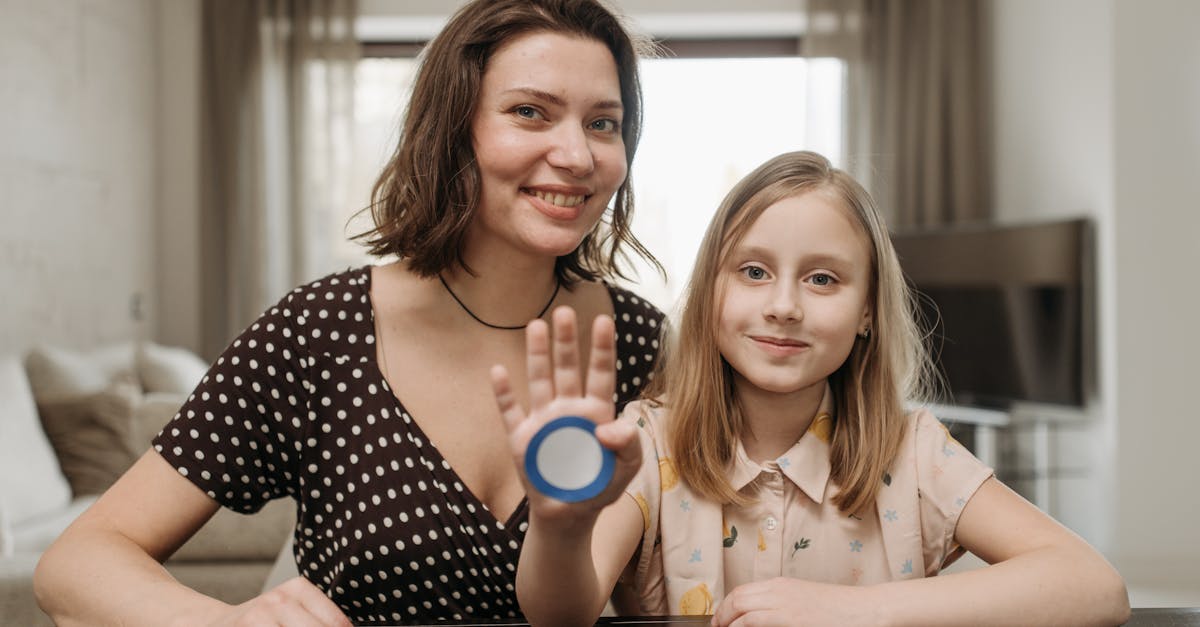Pioneering Home Health Discoveries
Introduction to Home Health Discoveries
Home healthcare is evolving rapidly, providing both patients and caregivers with unprecedented convenience and effective treatment options. These innovative advancements are rooted in new technologies, practices, and insights that are reshaping how we perceive health maintenance in the comfort of our homes. A paradigm shift from traditional healthcare setups, these discoveries focus on patient-centric solutions. But what are these breakthroughs, and how do they impact everyday living? From remote monitoring devices to AI-driven diagnostics, the field is broad and promising. This article takes a closer look at these pioneering home health discoveries that are revolutionizing patient care.
Advertisement
Telehealth's Transformative Role
One of the most revolutionary developments in home health is telehealth. This digital shift allows patients to connect with healthcare providers remotely, breaking down geographical barriers and reducing the need for physical visits. Video consultations, electronic health records, and appointment scheduling apps all form part of this ecosystem, offering unprecedented convenience. During the global COVID-19 pandemic, telehealth services surged in demand, demonstrating their critical role in modern healthcare. Notably, telehealth also assists in chronic disease management, enabling regular check-ins without travel. Patients can now access specialized care, no matter where they reside, thanks to these digital innovations.
Advertisement
Wearable Technology and Health Monitoring
Wearable devices have entered the mainstream of home health, contributing immensely to personal health management. These gadgets, ranging from fitness trackers to advanced health carriers, provide real-time data on a person’s physical activity, heart rate, sleep patterns, and more. With the ability to transmit this data to healthcare professionals, wearables ensure clinical interventions are timely and precise. For patients managing chronic conditions, such as diabetes or heart disease, these devices offer valuable insights into daily health metrics. By promoting proactive management, the widespread adoption of wearables is setting new standards in preventative healthcare.
Advertisement
AI and Machine Learning in Diagnosing Conditions
Artificial Intelligence (AI) and machine learning are becoming indispensable in diagnosing health conditions from home. Through algorithms that analyze medical data, AI can predict potential health issues before they manifest clinically. For example, AI-powered apps can detect signs of skin cancer from images or analyze breathing patterns to suggest respiratory conditions. These technologies are particularly beneficial in rural or underserved areas, where access to specialized care is limited. By improving diagnostic accuracy and speed, AI fosters early intervention, ultimately enhancing patient outcomes while mitigating long-term healthcare costs.
Advertisement
Remote Patient Monitoring Systems
Remote patient monitoring (RPM) systems offer another layer of sophistication in home health solutions. Utilizing connected devices, RPM allows vital health data such as blood pressure, glucose levels, and heart rate to be tracked and transmitted to healthcare providers. This continual flow of data ensures patients with chronic illnesses or those recovering from surgery are closely monitored without hospital readmission. Innovations in this category promise reduced healthcare expenses, fewer clinic visits, and better management of health challenges. Patients experience an increased quality of life while still maintaining independence.
Advertisement
Smart Home Technology in Healthcare
Smart homes are no longer just about convenience and luxury; they're integral to advanced home health solutions. Innovations such as voice-activated devices, sensors, and IoT (Internet of Things) technology can automate complex healthcare tasks. For instance, smart pill dispensers can ensure timely medication consumption, while app-controlled lights and thermostats assist those with mobility challenges. These advancements enable individualized and supportive environments for aging populations and those with disabilities. Smart homes provide holistic patient care and improve safety measures, all while integrating seamlessly into daily lifestyles.
Advertisement
Mental Health Apps and Online Therapies
Mental health is an essential component of holistic health. Recent discoveries in digital mental health care, such as mobile apps and virtual therapy sessions, have democratized access to psychological support. With guided meditation apps, mood tracking tools, and virtual counseling, mental health resources are more accessible than ever. These platforms enhance patient well-being by promoting self-assessment and providing real-time support. Coupled with professional intervention, they offer a privacy-centric approach to mental health management, reducing stigma and fostering a more open dialogue about psychological wellness.
Advertisement
3D Printing in Personalized Medicine
In the realm of patient-specific solutions, 3D printing is breaking new ground. Customizable prosthetics, dental aids, and even some medication forms can now be printed to meet individual needs precisely. This technology reduces production costs, speeds up delivery times, and provides unique adaptability to patients' anatomical specifics. Its applications extend beyond personalized products, offering innovative solutions in surgical planning and medical education. As this technology advances, its potential to enhance personalized patient care across various specialties becomes more pronounced.
Advertisement
The Rise of Genomic Testing
Genomic testing is carving its niche in home health solutions, offering insights previously limited to specialized labs. By analyzing an individual's DNA, genomic testing can guide lifestyle choices, diets, and medications tailored to genetic predispositions. This preventative approach helps mitigate risks associated with hereditary conditions, such as certain cancers or heart diseases. Such insights empower patients, allowing them to adopt proactive measures for potential health risks. As genomic testing becomes more affordable and accessible, it is poised to transform personalized medicine into a staple of routine healthcare.
Advertisement
Conclusion: A Future of Unbounded Potential
These pioneering discoveries in home healthcare herald a promising future for patients and providers alike. By breaking traditional barriers and leveraging advanced technologies, they offer convenience, precision, and personalization. As these innovations continue to evolve, they hold the potential to enrich patient care, reduce costs, and empower individuals in their healthcare decisions. The integration of technology in home health is not just transforming treatments—it’s redefining the healthcare landscape entirely. The journey of healthcare from clinics to homes has only begun, promising life-enhancing benefits and daily improvements in patient experiences.
Advertisement







